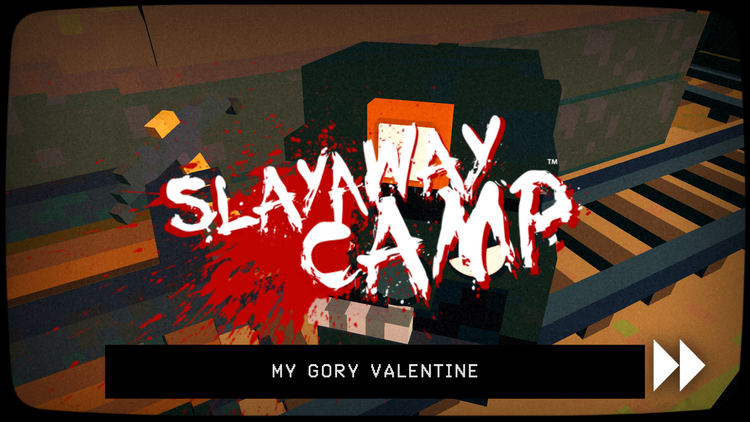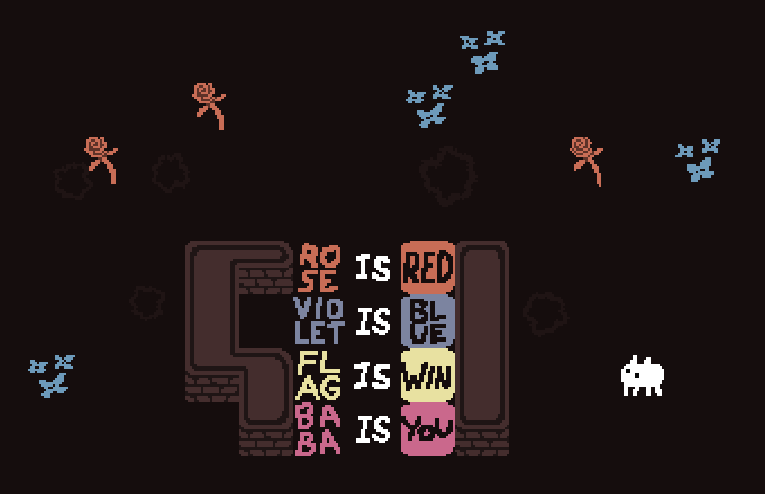Antichamber
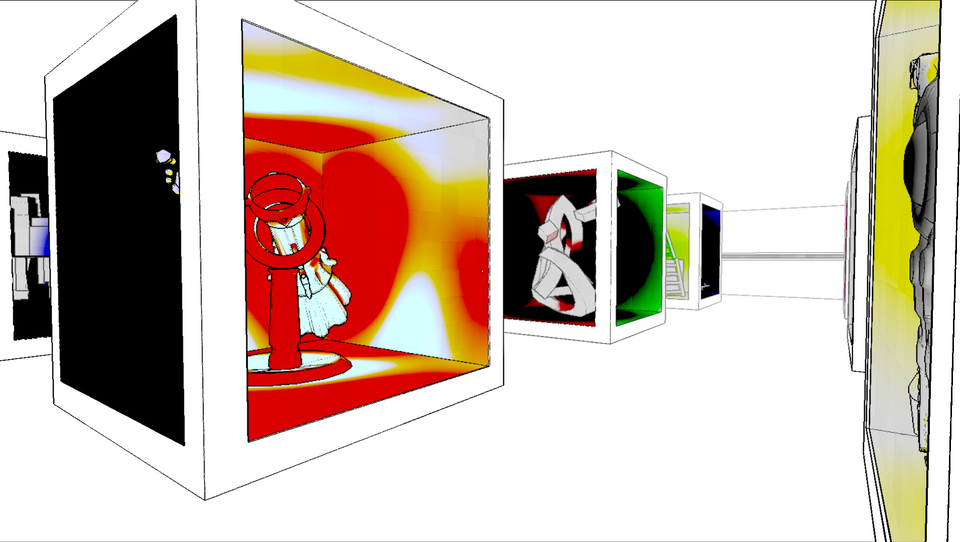
Most games follow an implicit set of rules that the player can safely make assumptions about. Sometimes it's movement, sometimes it's about gameplay. For example, in most games that use a controller, the left stick controls movement and the right stick controls the camera angle. In a platformer, if you fall, you die¹. If the game is going to break any of those rules, it will often tell the player outright, or at least hint at it to avoid a jarring transition or unexpected frustration.
Antichamber is a first-person exploration puzzle game that treats the entire idea of implicit rules as a suggestion.
You begin in an antechamber, which the game notes with a straight face. The only consistent rules are the ones for movement, camera angle, and interaction with the environment, which are displayed on the wall; you can also always press Escape to return to the antechamber and click the map on the wall to jump to some room you've been to before. Your job is to get to the exit. You have 90 minutes.
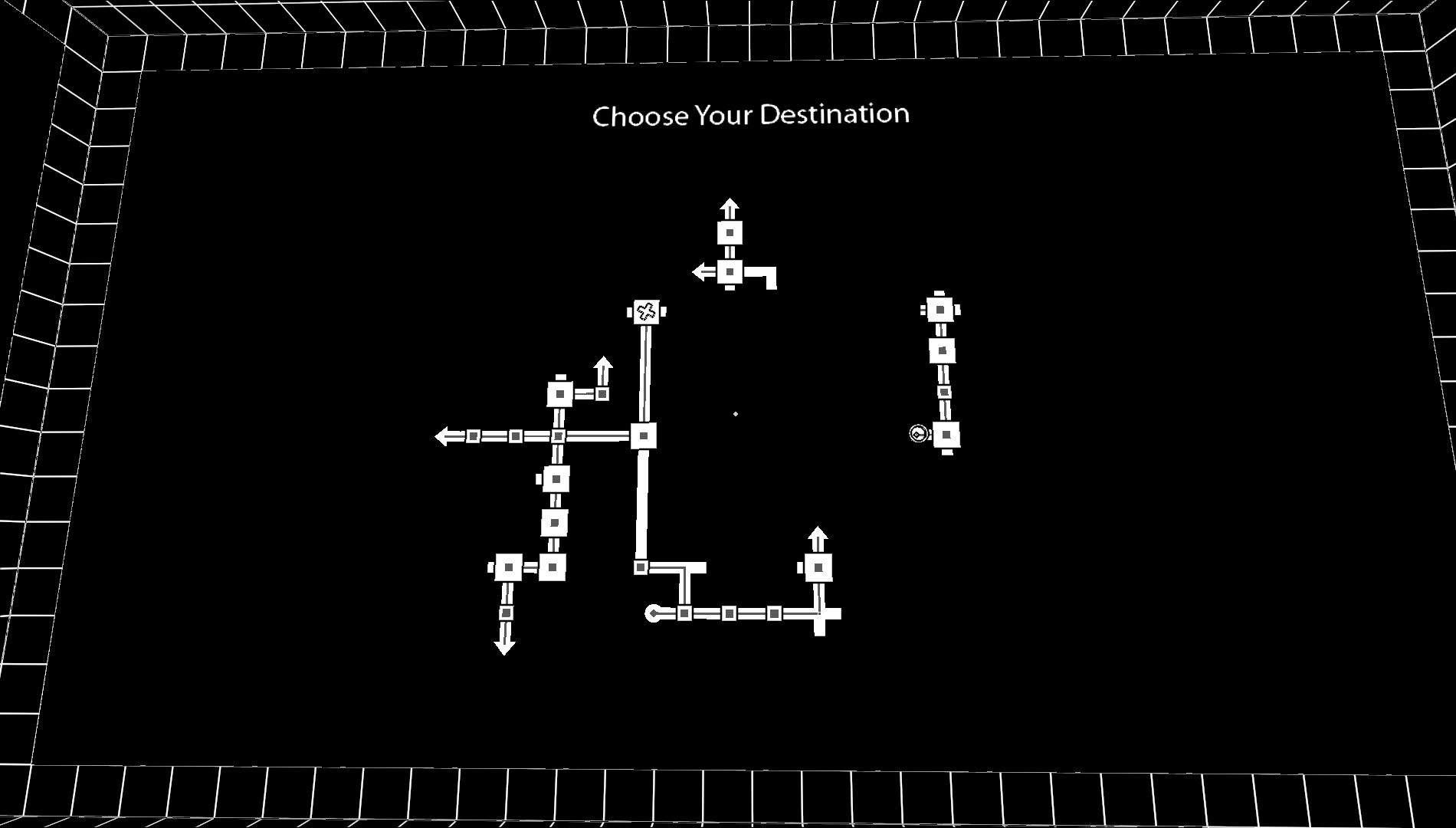
After that, any assumptions you make about game mechanics will be around just long enough to be turned on their heads. Take nothing for granted. You can't rely on a hallway you just walked down being the same when you turn around. Some roads lead to nowhere. Others turn back on themselves a few times ... until they don't. Looking at something in a particular way can change everything. You will (eventually) receive a gun of sorts that can manipulate your environment in specific ways, which will progressively allow you to devise creative new ways to explore.
I won't lie to you – Antichamber will probably frustrate you even if you're a longtime puzzle lover – but if you're a longtime puzzle lover, you probably live for that. Non-Euclidean geometry is one way to describe it; I would say more that it's got its own internal consistency, but it is very reserved about telling the player what that consistency is. Part of your job is to discover that consistency on your own and build off it. The game does leave cute little doodles on the wall with hints about something you've either just done or are about to do. If you see one, you should always click it – though as is the game's habit, they are cryptic and open to interpretation.
One of the beauties of the game is its balance of puzzle and exploration. It would be more accurate to say the entire game is a puzzle in itself; half of the time I've inadvertently walked into a solution or discovered it by fiddling with something new. It's pretty in a minimalistic way, so even when you're hopelessly lost or walking in what feels like a circle, it's at least great to look at. Consider it an exercise in ways to take the scenic route.
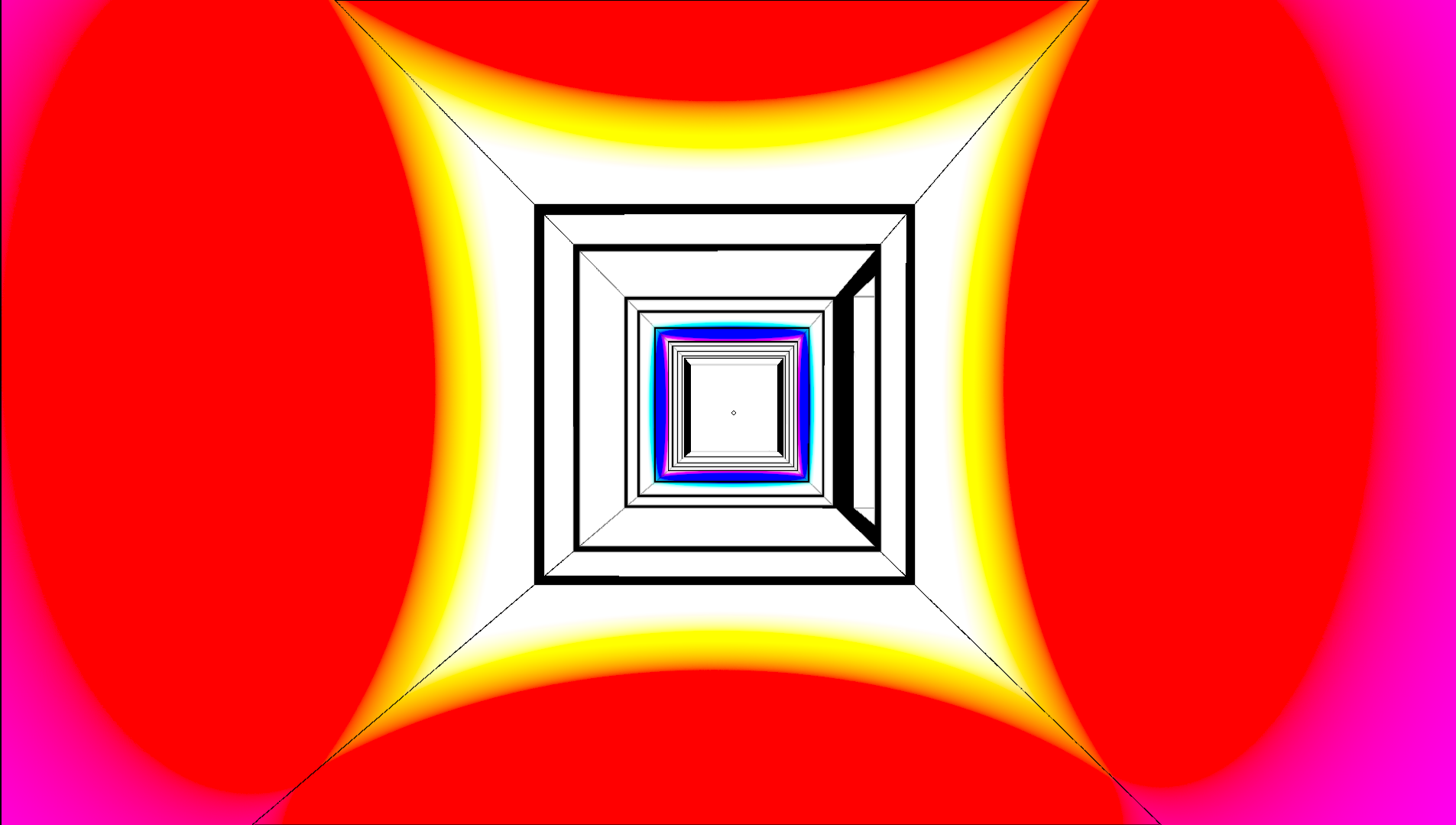
I feel it would be poor form to explain too much more, as with other games I've written about. Antichamber is best experienced with as little knowledge as possible, and I recommend avoiding looking up solutions just for the sake of organic discovery and exploration (though there are plenty of walkthroughs on YouTube if you get well and truly stuck – no judgment!). If you're the sort who enjoys the little pop of satisfaction from solving a puzzle you've been chewing on for a while, you'll love this game.
Most computers newer than 2010 should be able to run Antichamber. It's Windows-only, but outside of that, even a fairly elderly laptop shouldn't have too much trouble.
You'll never walk through a hallway quite the same way after this.
Game: Antichamber // Recommend: Yes // Potato Rating: 2/5 potatoes – most PCs newer than 2010 should be OK // Developer: Alexander Bruce
¹ for a game that plays around with this idea and has a killer soundtrack to boot, check out Braid

